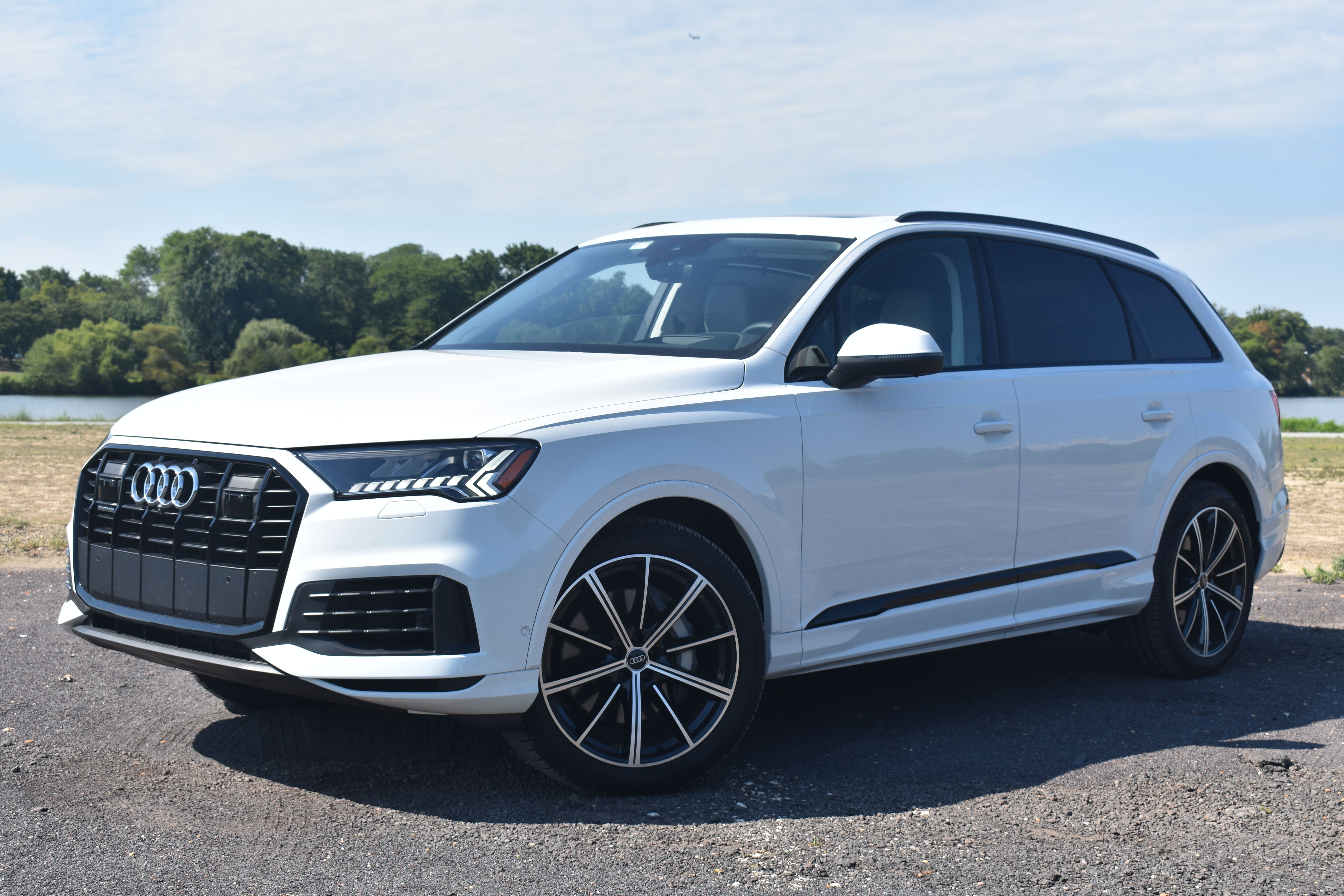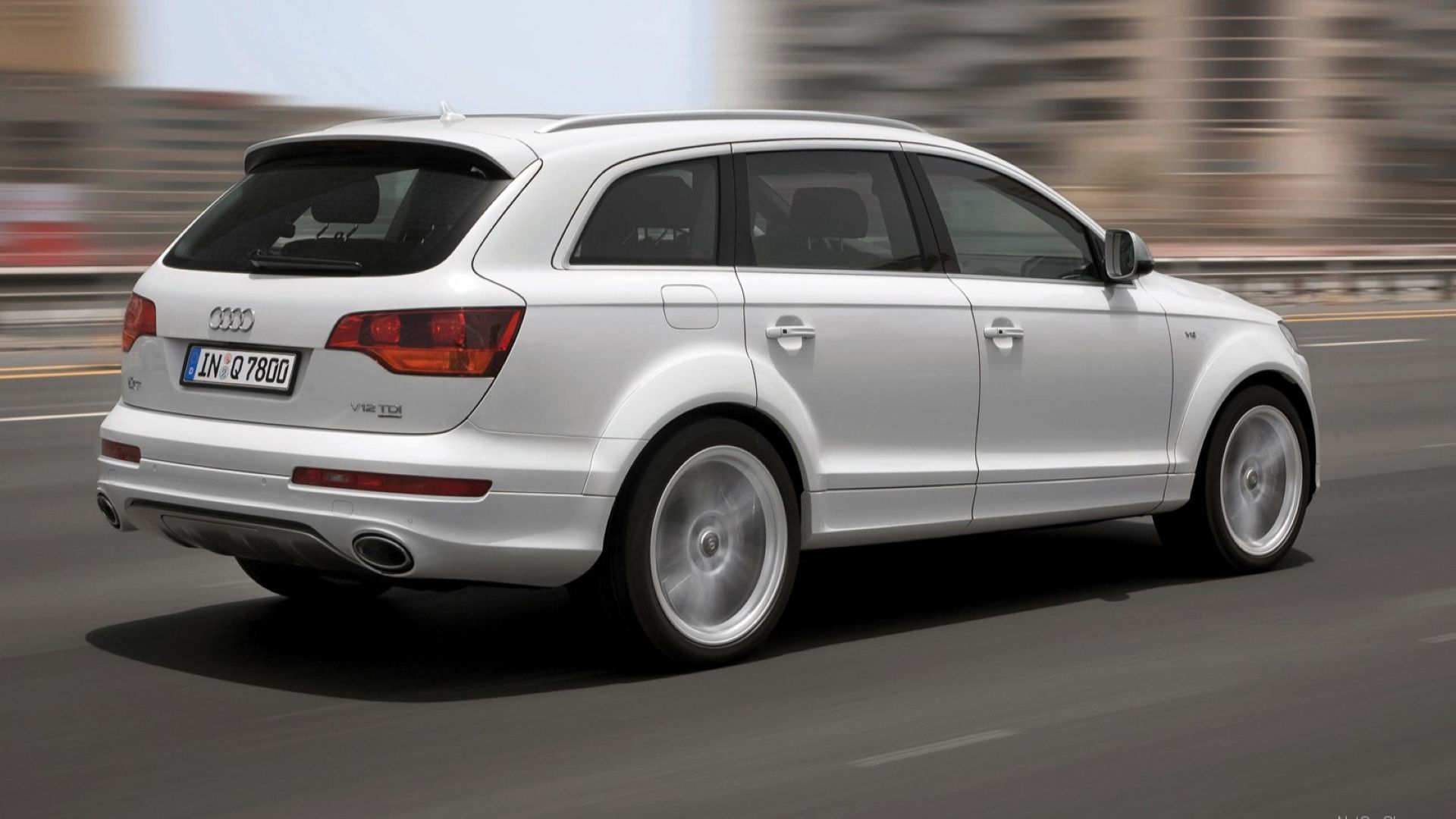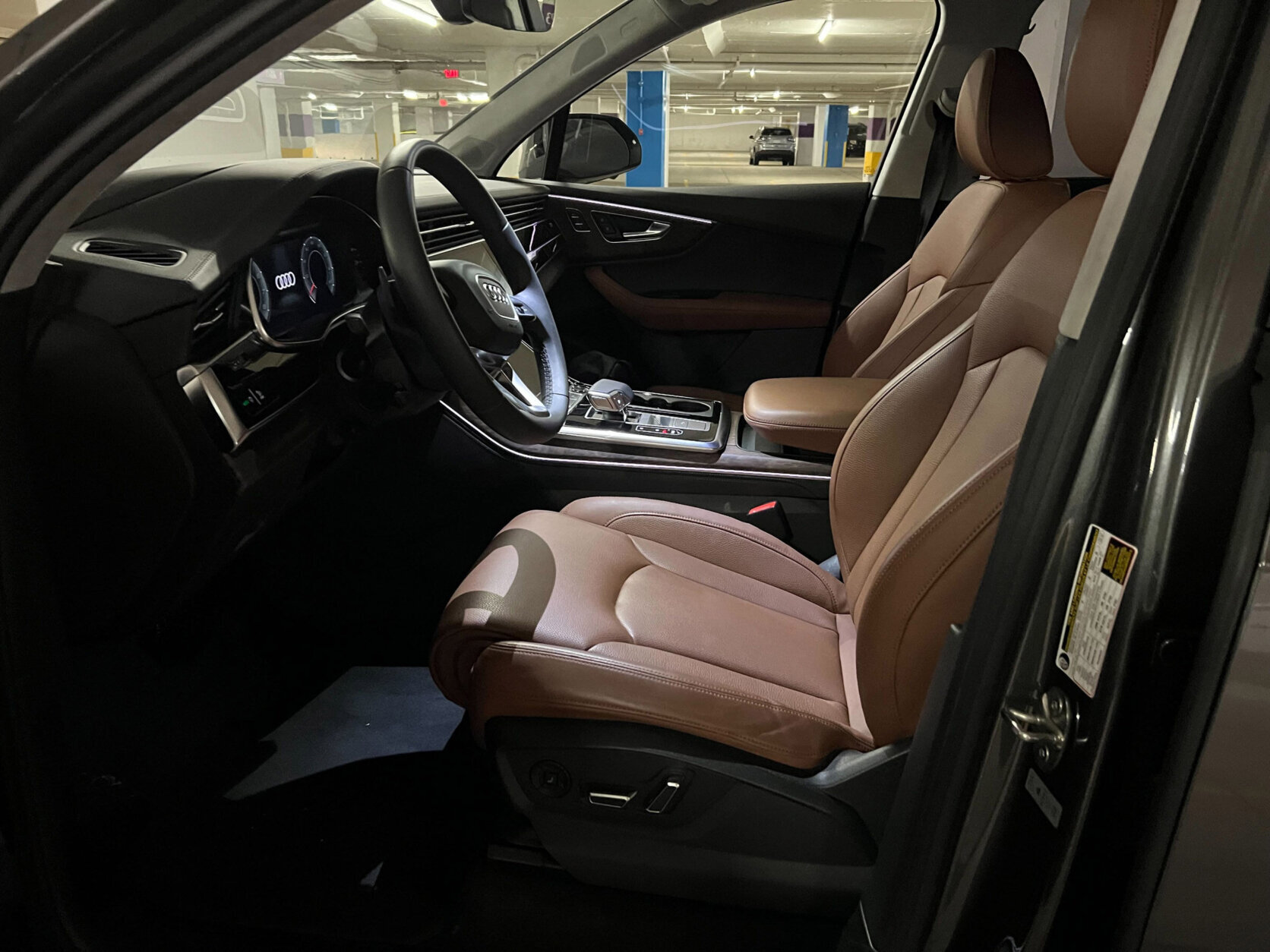The Audi Q7: A Luxurious SUV With A Few Pitfalls To Avoid
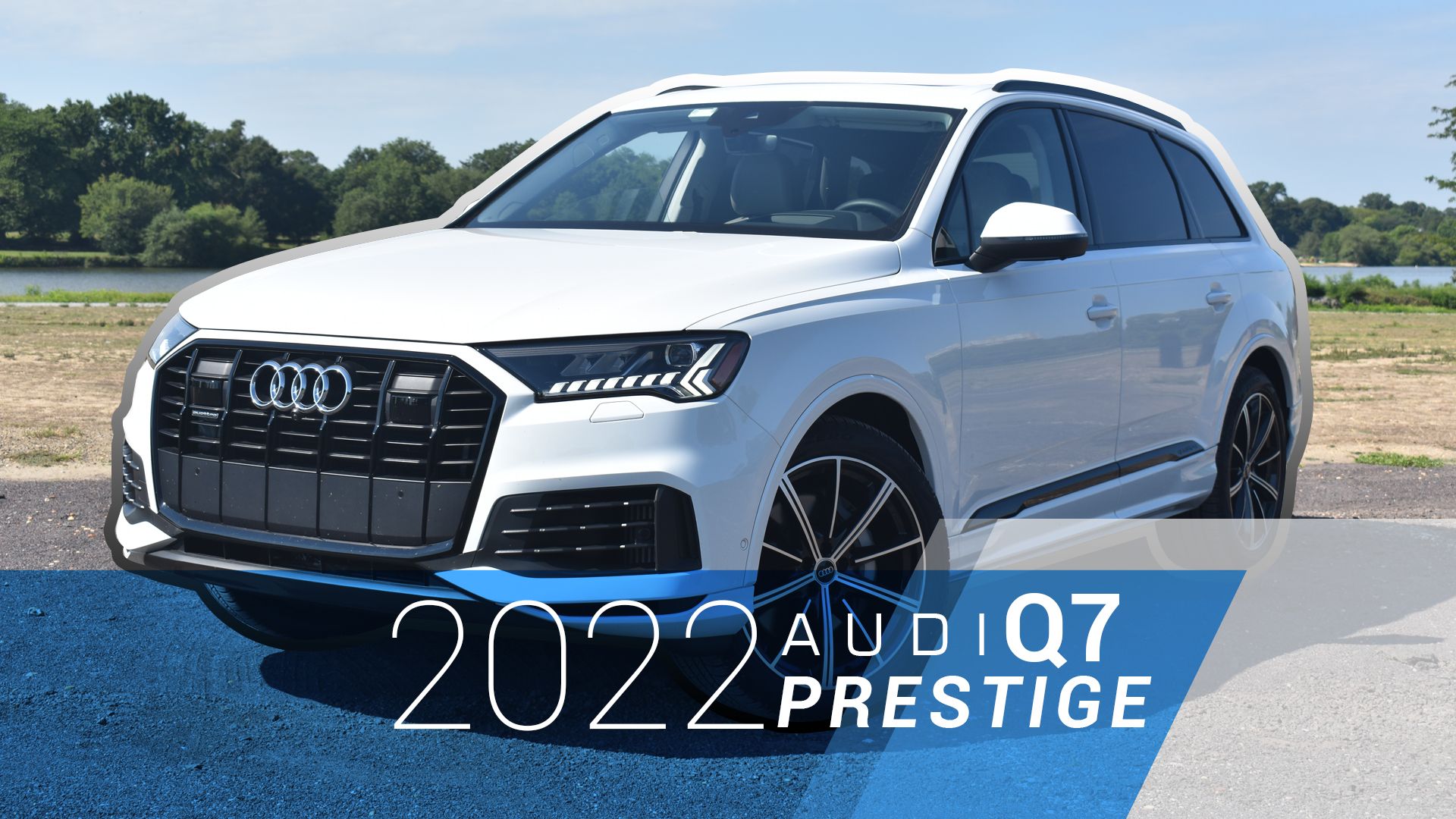
The Audi Q7: A Luxurious SUV With a Few Pitfalls to Avoid
The Audi Q7, a sophisticated and spacious SUV, has captivated drivers with its blend of luxury, performance, and practicality since its debut in 2006. However, like any vehicle, the Q7 has its share of quirks and reliability issues across its three generations. This article dives deep into the specific years to avoid for each generation, highlighting the common problems and offering insights into the overall ownership experience.
Generation 1 (2007-2015): The Early Years of Luxury
The first-generation Audi Q7, built on the Volkswagen Group’s MLB platform, introduced the world to a premium SUV with striking design, opulent interiors, and powerful engine options. However, this initial iteration also came with its fair share of reliability concerns that potential buyers should be aware of.
Years to Avoid:
- 2007-2009: Early production models often experienced issues with the transmission, particularly the 6-speed automatic. Common problems included jerking, slipping, and premature failure. Additionally, the engine management system was prone to errors and malfunctions, leading to reduced power and rough idling.
- 2010-2011: While the transmission issues were somewhat addressed, these years saw a rise in electrical problems. Faulty sensors, wiring harnesses, and control modules caused intermittent issues with the infotainment system, climate control, and other electronic components. The air suspension system also exhibited leaks and failures, impacting ride comfort and handling.
- 2012-2015: The later years of the first generation brought some improvements, but the transmission issues continued to plague some models. Furthermore, the Q7’s complex electronics system remained susceptible to software glitches and malfunctions, leading to unforeseen breakdowns and expensive repairs.
Common Problems:
- Transmission: As mentioned, the 6-speed automatic transmission was a common point of failure in the early years. While Audi addressed this issue with software updates and improved components, the transmission remained a potential concern throughout the generation.
- Engine Management System: The engine control unit (ECU) and various sensors were prone to malfunctions, resulting in reduced power, rough idling, and even engine failure.
- Electrical System: The complex electrical system, particularly the wiring harnesses and control modules, proved unreliable, leading to various electrical issues, including malfunctions in the infotainment system, climate control, and other electronic components.
- Air Suspension: The air suspension system, while enhancing ride comfort, was susceptible to leaks and failures, leading to a compromised ride and handling.
- Interior Trim: The interior trim, particularly the leather and plastic components, could wear down prematurely, especially in high-mileage vehicles.
Overall Ownership Experience:
While the first-generation Q7 offered a luxurious driving experience, the reliability issues could significantly impact the overall ownership experience. The cost of repairs, especially for the complex electronics and transmission, could be substantial.
Generation 2 (2016-2019): A Refinement of Luxury
The second-generation Audi Q7, launched in 2016, brought a complete overhaul, addressing many of the first generation’s shortcomings. With a redesigned exterior, a more spacious interior, and updated powertrain options, the second generation aimed to deliver a more refined and reliable experience.
Years to Avoid:
- 2016-2017: Despite the improvements, the early years of the second generation still saw some transmission issues. While the 8-speed automatic transmission was generally more reliable than its predecessor, some models experienced jerking, slipping, and occasional malfunctions.
- 2018-2019: These years saw fewer reported issues compared to the earlier years. However, the infotainment system remained a potential source of frustration. Software glitches and connectivity problems could impact the functionality and usability of the system.
Common Problems:
- Transmission: While the 8-speed automatic transmission was generally more reliable than the previous generation’s 6-speed unit, some models still experienced jerking, slipping, and occasional malfunctions.
- Infotainment System: The infotainment system, while offering advanced features, was prone to software glitches and connectivity problems, impacting its functionality and usability.
- Air Suspension (Optional): The optional air suspension system, while enhancing ride comfort, could still experience leaks and failures, leading to a compromised ride and handling.
Overall Ownership Experience:
The second-generation Q7 offered a significant improvement in reliability compared to its predecessor. While some issues persisted, the overall ownership experience was generally positive, with a more refined and luxurious driving experience.
Generation 3 (2020-Present): The Evolution Continues
The third-generation Audi Q7, launched in 2020, further refines the Q7 formula, building upon the improvements of the previous generation. With a sharper design, a more technology-laden interior, and enhanced powertrain options, the third generation aims to deliver a premium SUV experience that is both luxurious and reliable.
Years to Avoid:
- 2020-2021: While the third generation has generally been praised for its reliability, the early years saw some reports of minor software glitches and infotainment system issues. However, these issues were quickly addressed through software updates.
- 2022-Present: The latest models have generally proven to be reliable, with few reported issues. However, it’s important to monitor any emerging trends and potential problems that may arise in the future.
Common Problems:
- Infotainment System: While the infotainment system is generally advanced and user-friendly, some users have reported occasional software glitches and connectivity problems.
- Air Suspension (Optional): The optional air suspension system, while enhancing ride comfort, remains a potential point of failure due to leaks and malfunctions.
Overall Ownership Experience:
The third-generation Audi Q7 offers a refined and luxurious driving experience with a high level of reliability. While some minor issues may arise, the overall ownership experience is generally positive.
Conclusion: Choosing the Right Audi Q7
The Audi Q7, with its blend of luxury, performance, and practicality, has earned a reputation as a premium SUV. However, as with any vehicle, it’s crucial to be aware of the potential issues and years to avoid.
For the first generation (2007-2015), it’s best to steer clear of the early years (2007-2009) due to significant transmission and engine management system issues. While the later years (2012-2015) saw some improvements, the complex electronics system could still lead to unforeseen breakdowns.
The second generation (2016-2019) offered a significant improvement in reliability, with the later years (2018-2019) being particularly reliable. However, the infotainment system could still cause frustration with software glitches and connectivity problems.
The third generation (2020-present) has generally been praised for its reliability. While some minor issues have been reported, the overall ownership experience is generally positive.
Ultimately, the best way to choose the right Audi Q7 is to carefully research the specific year and model, considering its history, common problems, and potential costs of repairs. By doing so, you can make an informed decision and avoid potential headaches down the road.
Beyond the Years to Avoid: Other Factors to Consider
While the specific years mentioned above are important to consider, several other factors can influence the overall reliability and ownership experience of an Audi Q7. These include:
- Maintenance History: Regular and timely maintenance is crucial for any vehicle, especially one as complex as the Audi Q7. Ensure that the vehicle has a comprehensive service history with all recommended maintenance performed.
- Previous Owners: The number of previous owners and their driving habits can impact the vehicle’s condition and reliability. Look for a vehicle with a clear and consistent history of ownership.
- Vehicle Condition: A thorough inspection by a qualified mechanic is essential before purchasing any used vehicle. This will help identify any potential problems or hidden issues that may not be apparent during a test drive.
- Price: The price of the vehicle should be considered in relation to its condition, mileage, and maintenance history. Be wary of vehicles that seem too good to be true, as they may be hiding significant problems.
By considering all of these factors, you can increase your chances of finding a reliable and enjoyable Audi Q7 that will meet your needs and expectations.

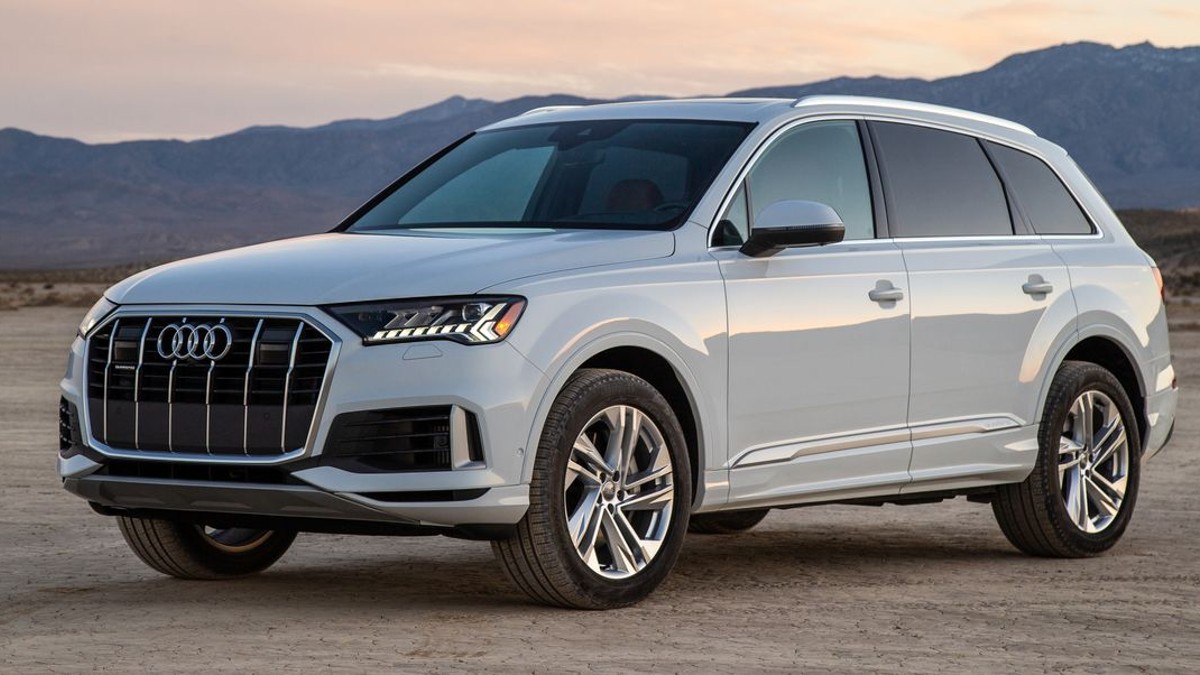
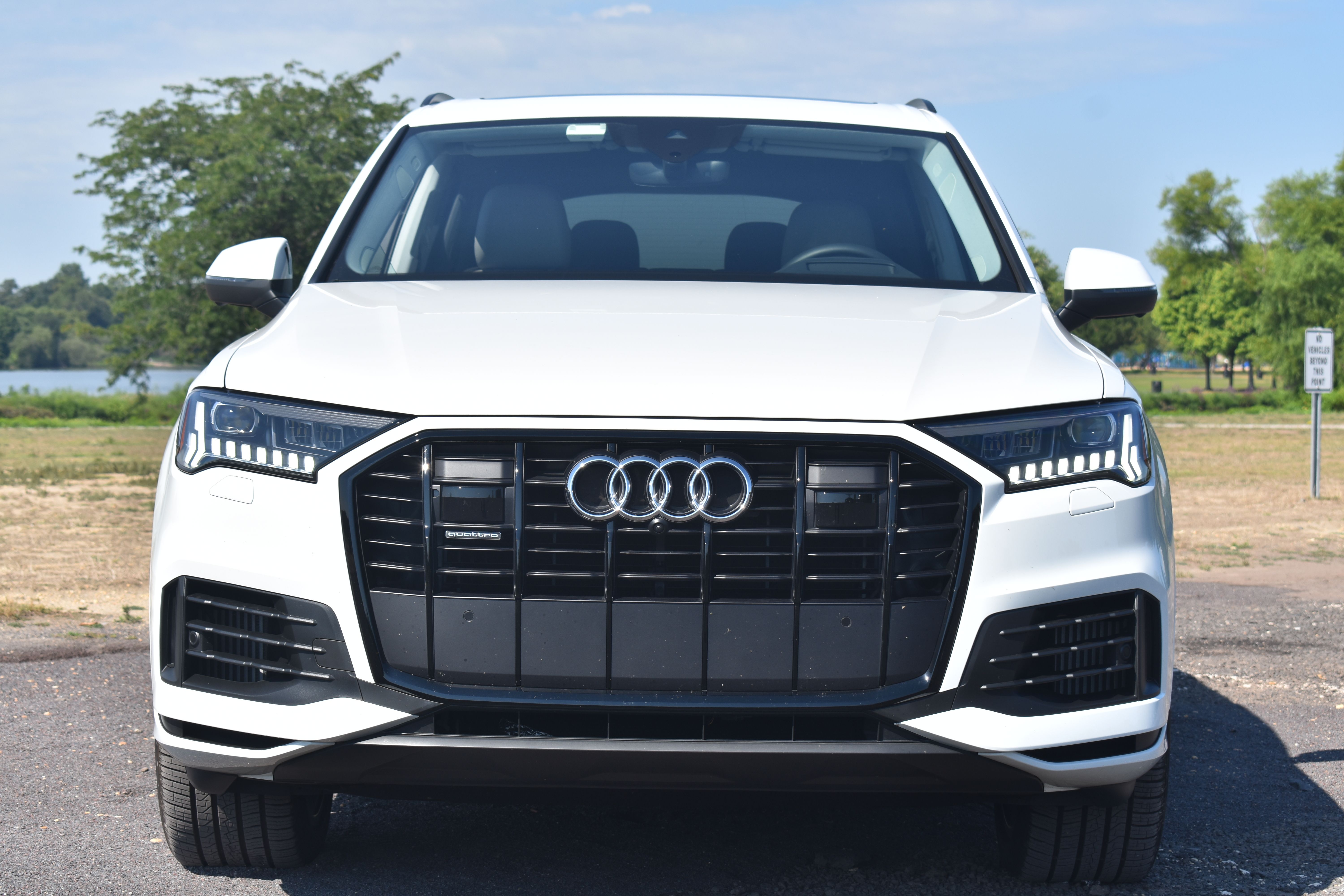
_1642588855625_1642588864568.jpeg)

